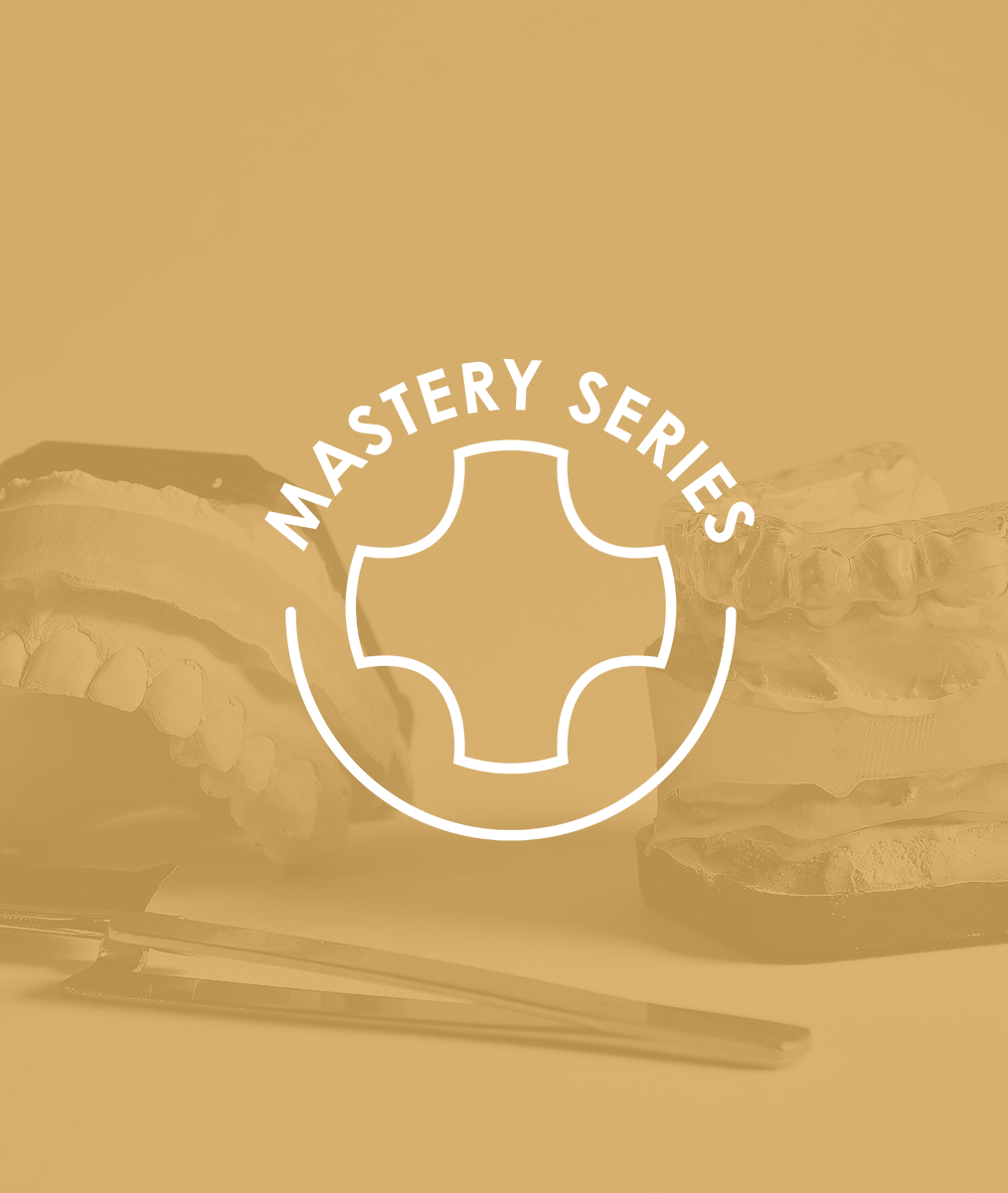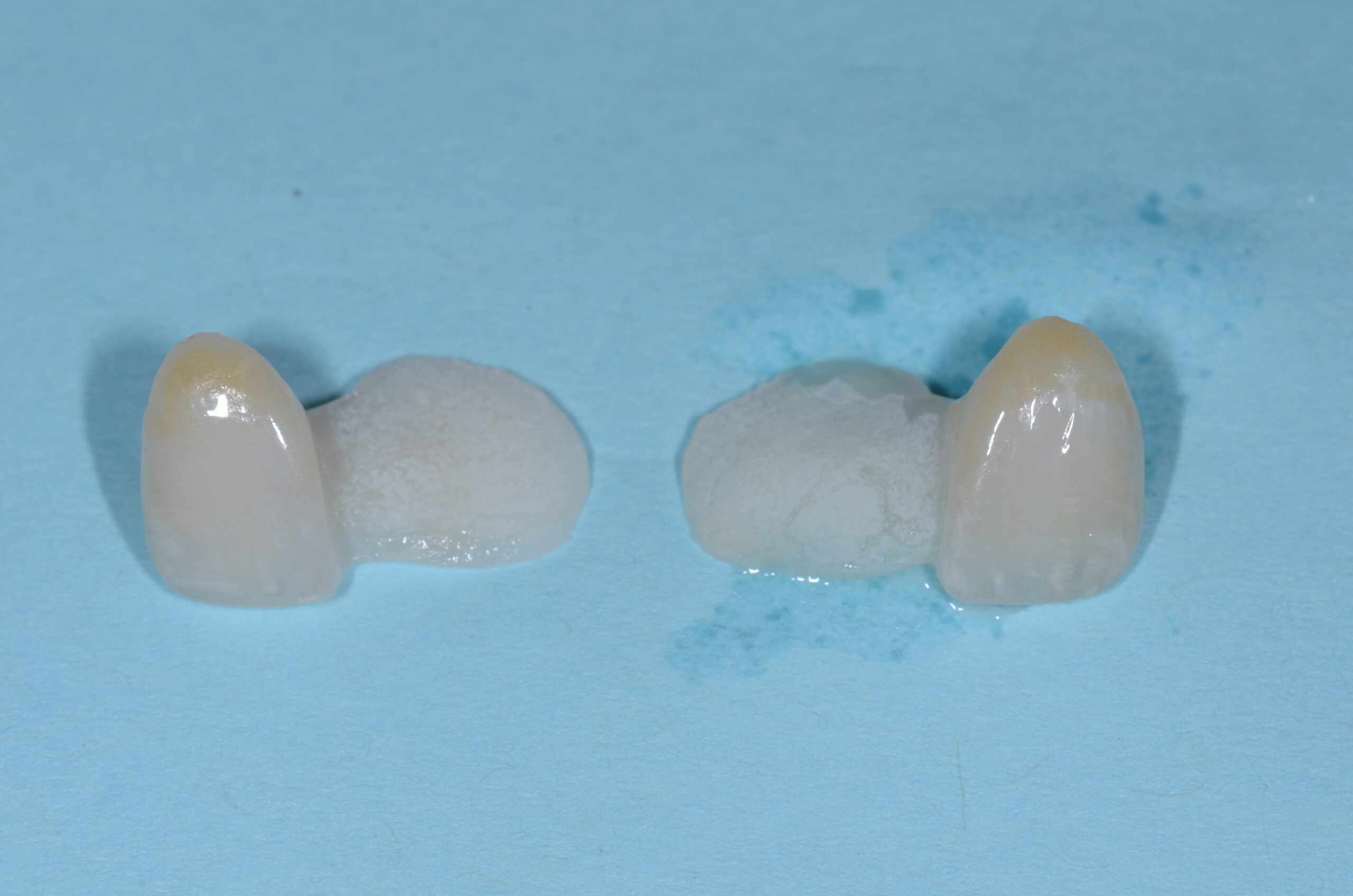
We All Need Personal Power
Life is a lot like a game, it’s a series of physical, emotional, and financial interactions with our environment and others. Sometimes we “win,” and sometimes we “lose.” And sometimes all we can do is just learn, so that the next time a similar situation comes around, the outcome will be more favorable for us. In this context, we can also view life as a series of negotiations… negotiations with ourselves, negotiations with others, and negotiations with our environment.
On this, psychologist Jordan Peterson, Ph.D. states: “You can’t negotiate from a position of weakness. You need to understand that if you want to advance your career and yourself you must negotiate with others. And this is because, even if you are competent at what you do, but you remain silent, you will be ignored. So, in the grand scheme of things, what you can do will not even be considered. You will just be a part of the background which is keeping everything functioning for everyone else.”
To develop ourselves, and to become successful, we must, therefore, be both competent AND strategic. We must be able to say to ourselves and to others (directly and indirectly), “This is who I am. This is what I believe. This is what I can do to make your life better, easier, or more fulfilling.” But that kind of posture, that kind of clarity, and that kind of purposefulness, is only useful within the context of a helping relationship, where the meaning of “better,” “easier,” and “more fulfilling,” can be discussed and negotiated.
In the posture of a helping relationship, we are in a position to make a better offer than doing nothing. Truly helping relationships with our patients require personal power, and personal power is both principle-centered and reciprocal, as the power actually comes from the other person and their belief in us.
In situations where we have no personal power, because we have not or cannot establish a truly helping relationship, we rely on other means to advance our agenda, such as leveraging convenience, emotions, pride, deception, loyalty to a third party, fear, and so forth.When we do this, our principles are lost, as is the greatest potential for the other person to believe in us.
Remember, you have the personal power to continually reassess relationships with patients and choose whether or not proceeding with a relationship in its current form is helpful. Helping the other person have personal power… creating experiences that earn trust… choosing to manage relationships with our patients first… then, offering true help and discussing why it is better… this is the path that positively influences everything else downstream.
Related Course
Mastering Advanced Splint Therapy
DATE: November 13 2025 @ 8:00 am - November 16 2025 @ 1:00 pmLocation: The Pankey Institute
CE HOURS: 29
Dentist Tuition : $ 5900
Single Occupancy with Ensuite Private Bath (per night): $ 345
If you are ready to take what you know about appliance therapy to the next level, then this course is a must. The anatomic appliance is one of the most…
Learn More>






